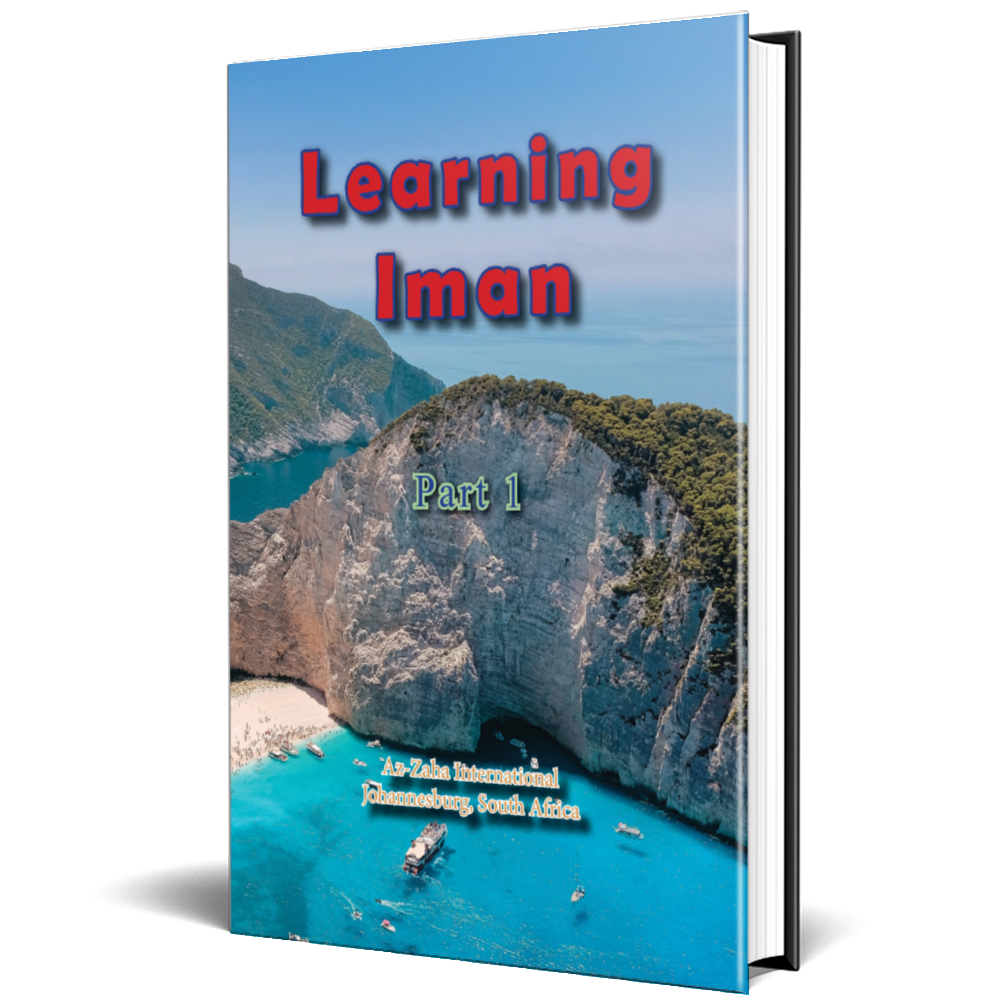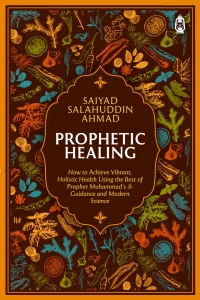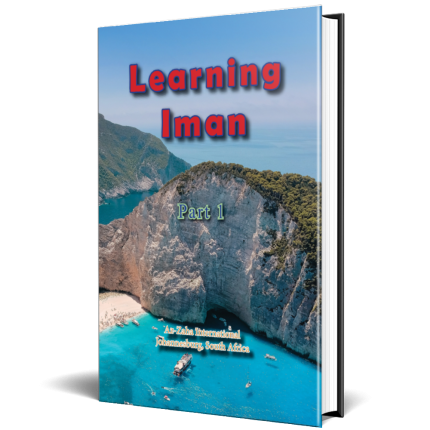Learning Iman Part 1
R120.00
Learning Iman Part 1 is an educational resource designed to help parents, teachers, and learners instill the core beliefs of Islam into the hearts and minds of young Muslims. The book focuses on the foundational aspects of Iman (faith), providing a structured approach to understanding and internalizing the six pillars of faith in Islam.
Key Features:
-
Structured Learning: The book is organized to facilitate gradual learning, ensuring that each pillar of Iman is comprehensively covered.
-
Engaging Activities: Includes interactive exercises and activities to reinforce understanding and retention of the material.
-
Age-Appropriate Language: Utilizes simple and clear language suitable for young learners, making complex concepts accessible.
-
Illustrations: Incorporates visuals to aid in the understanding of concepts and to keep learners engaged.
Author:
Editor:
RELATED PRODUCTS
From Lahore to Bukhara and Samarqand
Hope for the Muslim Alcoholic: Twelve Step Recovery in the Light of Islam
Jesus: Prophet of Islam
Prophetic Healing
The book explores how the guidance of Prophet Muhammad (peace be upon him) offers timeless insights into achieving overall well-being. It addresses various aspects of health, including:
-
Spiritual Practices: The role of faith, prayer, and reliance on Allah in healing.
-
Emotional and Mental Health: Strategies to manage stress, anxiety, and emotional well-being.
-
Physical Health: Recommendations on diet, lifestyle, and natural remedies rooted in prophetic traditions.
By combining these elements, the author advocates for an "integrative healing" approach that harmonizes spiritual wisdom with modern medical understanding.
The Islamic Workbook for Managing Anxiety
This workbook offers a holistic approach to anxiety management by integrating Islamic teachings with therapeutic techniques. It covers:
-
Cognitive Restructuring: Identifying and challenging negative thought patterns.
-
Emotional Regulation: Techniques to manage and understand emotional responses.
-
Behavioral Interventions: Including Exposure and Response Prevention (ERP).
-
Spiritual Practices: Emphasizing dhikr (remembrance), shukr (gratitude), and fikr (reflection) to foster resilience.
By drawing strength from faith and incorporating Islamic teachings, individuals can find spiritual support, patience, and resilience in the face of anxiety.









